The Head of the World Health Programme (WHO), Tedros Adhanom Ghebreyesus, today (10 May) said the WHO has issued an updated appeal for almost 150 million US dollars for Ukraine and refugee-hosting countries, but noted the Organization still faces a funding gap of 100 million US dollars.
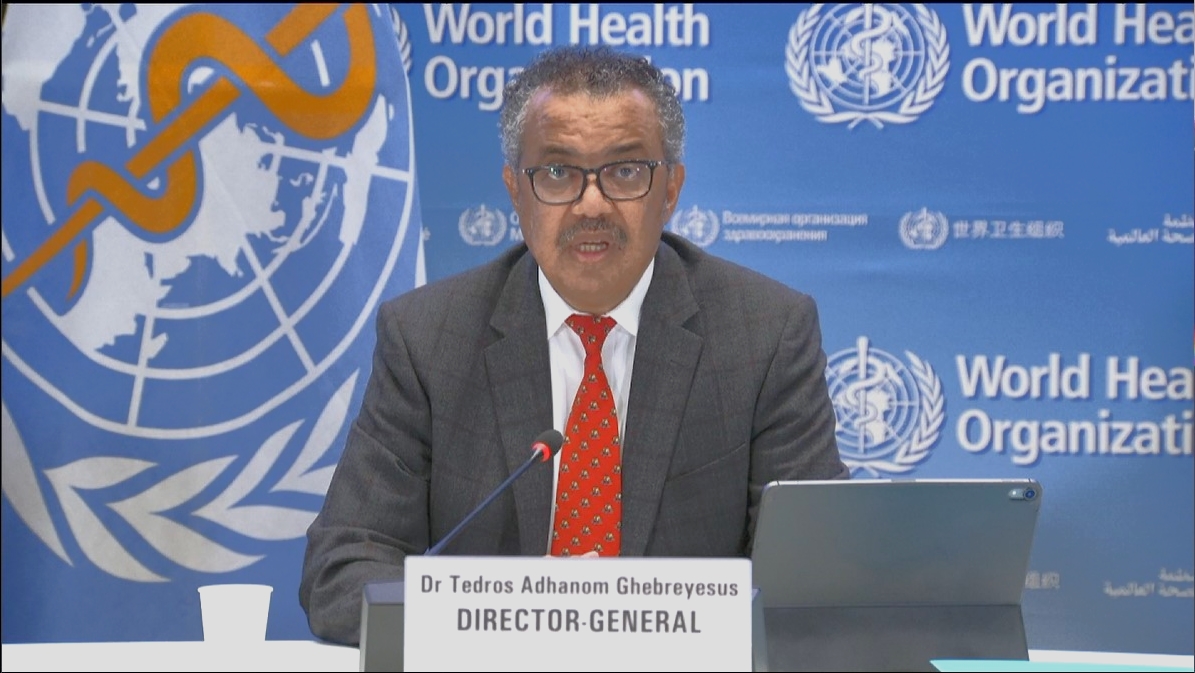
Tedros said these funds “will support access to essential health services, including trauma care, for six million people,” but noted that “for everything WHO is doing, it can’t meet the all the needs of people in Ukraine right now.”
He said, “what Ukraine really needs more than anything else, right now is peace. And so, again, we continue to call on the Russian Federation to stop this war."
The WHO Chief told reporters in Geneva that the COVID-19 pandemic “is not over and we need all leaders to step up to boost population immunity and work collectively to get tests, treatments and vaccines to last mile populations.”
He said vaccination “is the best way to save lives, protect communities and health systems and minimise cases of post COVID-19 condition or long COVID,” which he said, “is devastating and debilitating for individuals – both young and old – communities and economies.”
Tedros said, “as we all know the virus is evolving, changing its behaviours, becoming more transmissible and with that changing behaviour, changing your measures will be very important. When we talk about the zero COVID strategy we don't think that it is sustainable considering the behaviour of the virus now and what we anticipate in the future. And especially, when we have now a good knowledge, understanding of the virus and when we have good tools to use, transiting into another strategy would be very important. We have discussed about this issue with Chinese experts, and we indicated that the approach will not be sustainable."
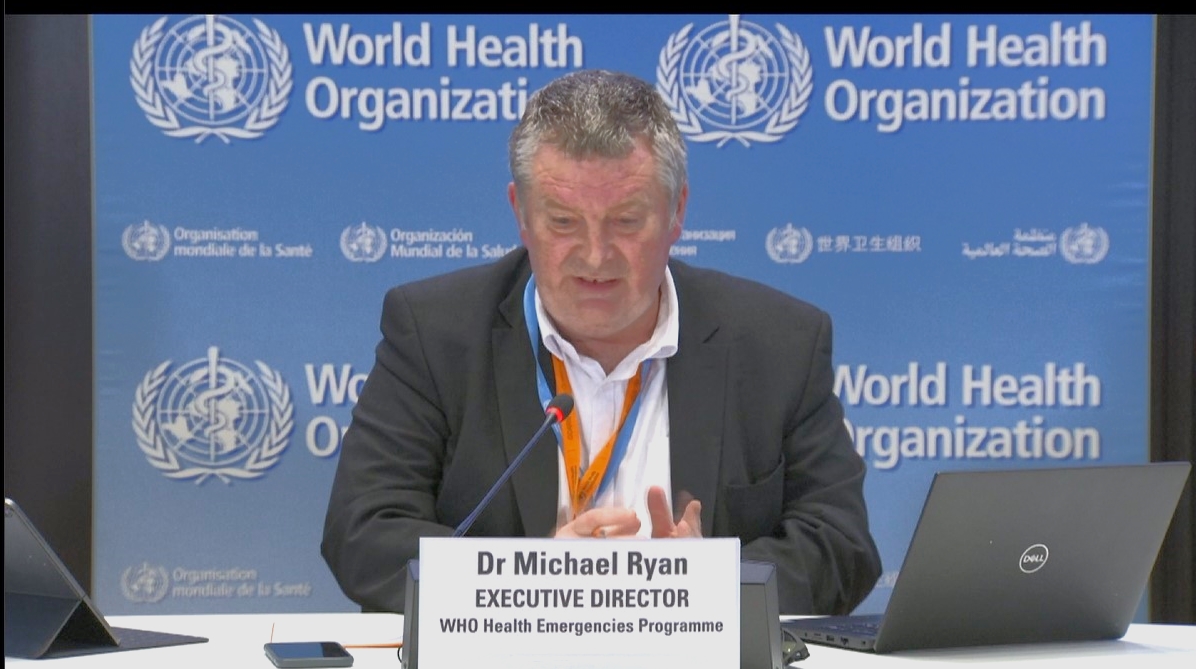
The Executive Director of WHO’s Health Emergencies Programme Dr Mike Ryan said it was “important to reflect on the fact that China has only had just over 15,000 deaths during the whole pandemic,” and added that “we need to balance the control measures against the impact they have on society, the impact they have on the economy. And that's not always an easy calibration to make.”
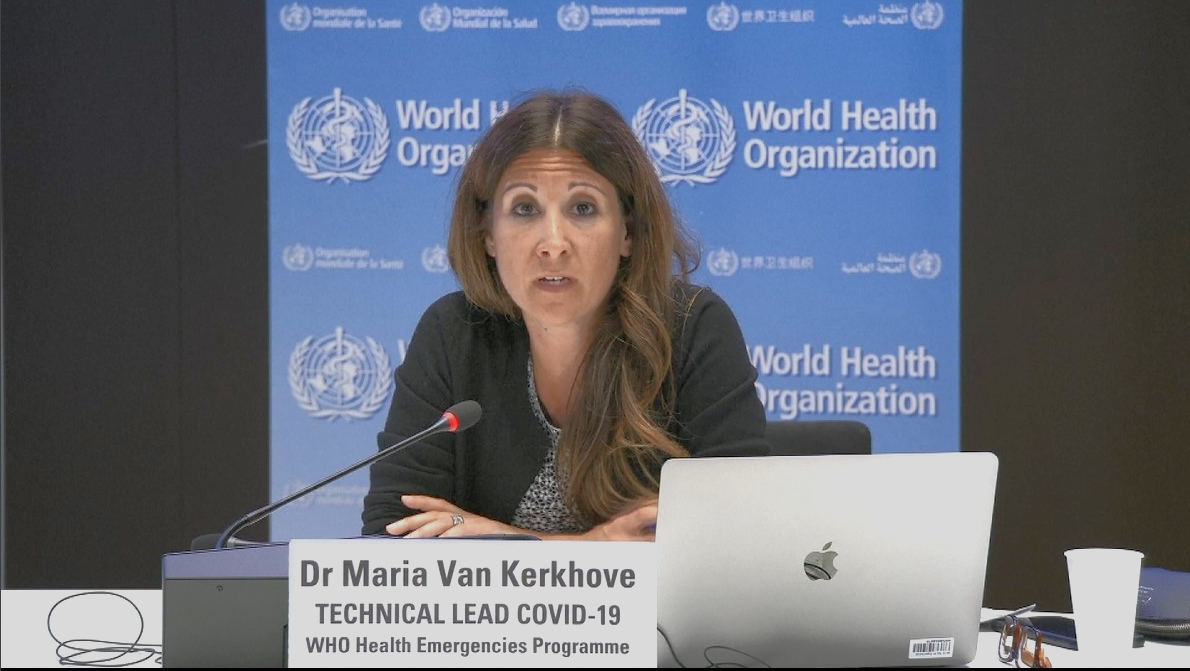
The WHO’s COVID-19 Technical lead Dr Maria Van Kerkhove, for her part said, “we are now starting to see an increase in the proportion of sequences reported of BA.4 and BA.5 in South Africa. BA.4 and BA.5 have been reported in about 15 countries right now. But there are only globally about a few hundred sequences of each that are available. And I would like to highlight that our ability to detect this is being substantially hindered because testing rates have plummeted and in doing so our sequencing rates have plummeted as well. So, we do need to have testing and sequencing continue so that we can track these variants."
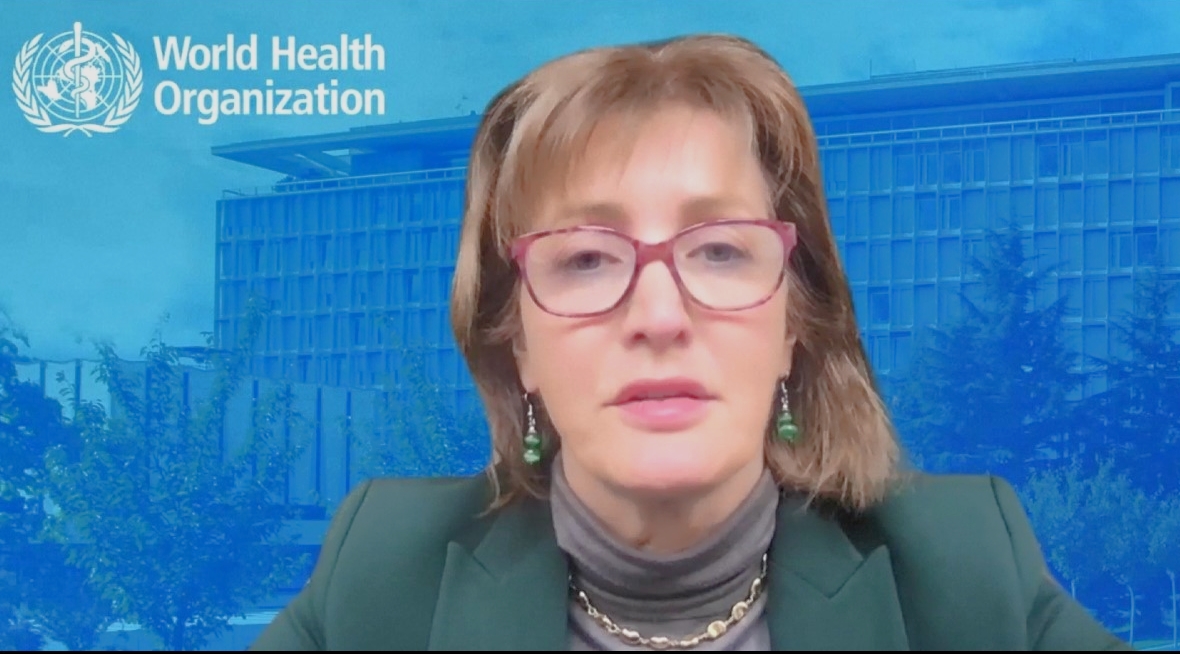
Also briefing, Dr Philippa Easterbrook, who is a scientist at WHO’s Global HIV, Hepatitis and STIs Programmes, confirmed that “with the reports from the United States over the weekend, we now have 348 probable cases” and “there are 70 additional cases” that journalists identified.
Easterbrook said, “it is important to highlight that there are six countries only at present that are reporting more than five cases. For all the remainder of the countries it is less than five cases. In addition, with the cases that have been reported, this includes a mixture of new cases and retrospective or historic cases, that is the nature of the surveillance which has been set up."
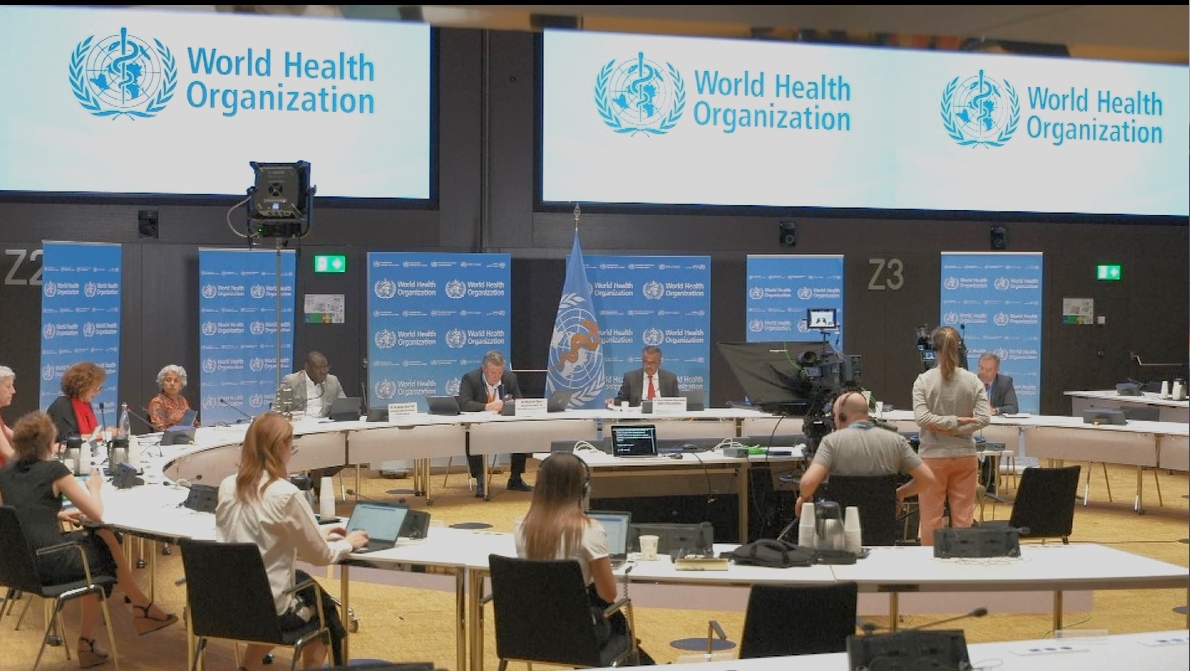
The WHO scientist said, “at present, the leading hypotheses remain those which involve adenovirus, but I think will also still with an important consideration about the role of COVID as well, either as a co-infection or as a past infection. Over the last week, more testing has gone on and so I think confirming that still around 70 percent of the cases that have been tested are positive for adeno."
The United Kingdom first reported an unexpected significant increase in cases of severe acute hepatitis of unknown origin in young, generally previously healthy children. An unexpected increase of such cases has now been reported by several other countries – notably Ireland and the Netherlands.
 Celebrity Media TV
Celebrity Media TV









